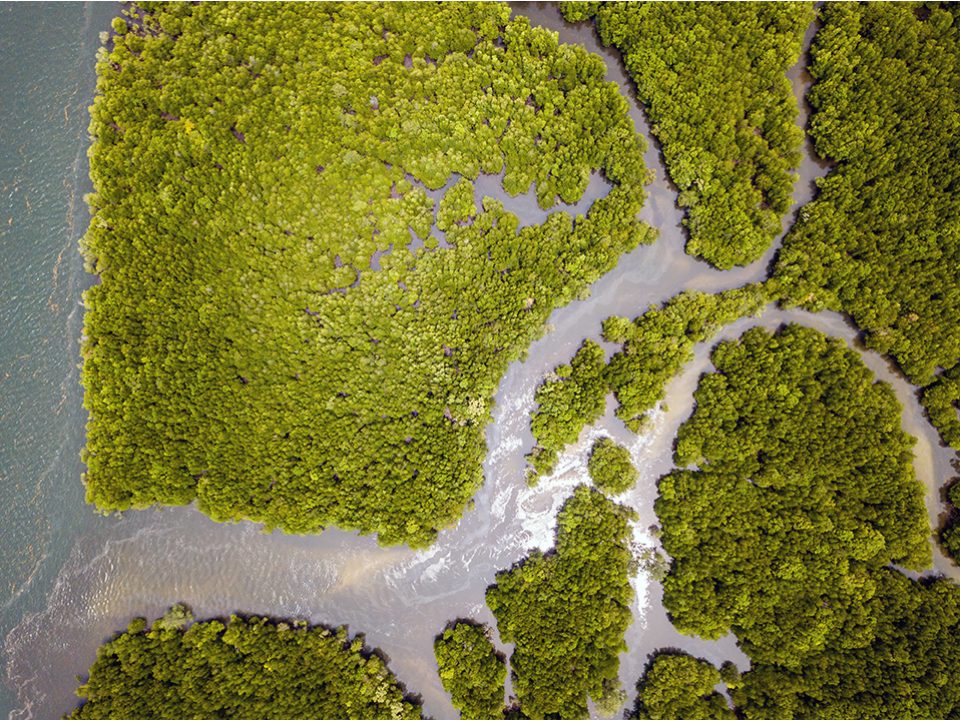Register to the e-conference and attend the oral presentation of Johan Pansu, CNRS, Station Biologique de Roscoff, France, CSIRO Ocean & Atmosphere, Australia
Developing new environmental DNA-based ecological assessment tools for the management of coastal environment in a multi-stressor context
The presenter:
Johan Pansu, CNRS, Station Biologique de Roscoff, Roscoff, France, CSIRO Ocean & Atmosphere, Sydney, Australia
Additional authors:
- Christine Chivas, Macquarie UniversitySydney, Australia
- Marcelo Mertens Cruz, Federal University of Rio Grande do Sul, Porto Alegre, Brazil
- Aashi Parikh, Macquarie University, Sydney, Australia
- Geoffrey Carlin, CSIRO Ocean & Atmosphere, Brisbane, Australia
- Rachael Smith, Department of Environment and Sciences, Queensland Government, Brisbane, Australia
- Michael Warne, University of Queensland, Brisbane, Australia
- Wayne [N.I.], Western Washington University, Bellingham, WA, USA
- Stuart Simpson, CSIRO Land & Water, Sydney, Australia
- Frederique Viard, CNRS, Station Biologique de Roscoff, Roscoff, France
- Anthony, Chariton, Macquarie University, Sydney, Australia
Keywords:
Biodiversity, Marine pollution, Genomics, Marine environnement monitoring and management policies (MSFD, MPA,…)
Abstracts:
Stressors of different nature are affecting coastal ecosystems. Yet their combined impacts on biodiversity are poorly understood because the majority of studies focuses on the impact of a single stressor and traditional monitoring approaches are often limited to a small number of taxa. Here, we propose to use eDNA biomonitoring for obtaining comprehensive and standardized biodiversity data and to combine them with field measures of anthropogenic pressures into cutting-edge statistical models allowing to disentangle effects of each stressor on communities and identify key stressors.
Three estuaries, subjected to different types of disturbances, have been studied in Northern Queensland, Australia. At each sampling location, water and sediment samples were collected for eDNA analyses along with a suite of contaminant measures (nutrients, pesticides…). Several taxonomic groups (diatoms, fish...) of interest were targeted for characterizing community composition. Although response differs between taxa, results show strong responses to disturbance levels. These data are then combined into Bayesian Network Relative Risk Models that weights the relative importance of stressors on specified endpoints (here, biodiversity metrics), and rank their importance in each location. This information can then be used to make predictive models and explore management scenarios.
As such, this research aims to provide a proof-of-concept for the integration of eDNA biodiversity data into ecological risk assessment models at a scale relevant for managers.
More information about the session:
https://www.seatechweek.eu/Detailed-programme-794-0-0-0.html#OFB







